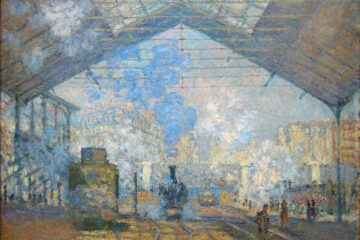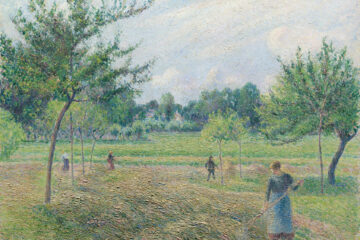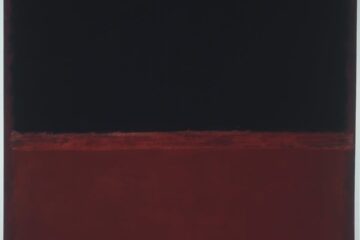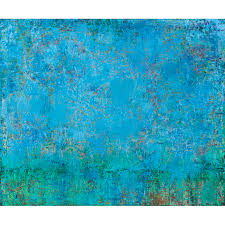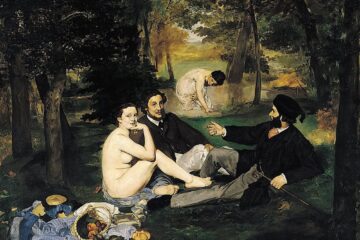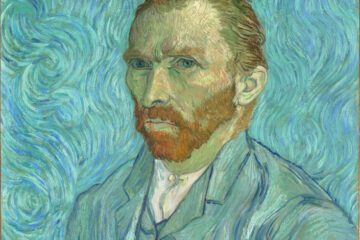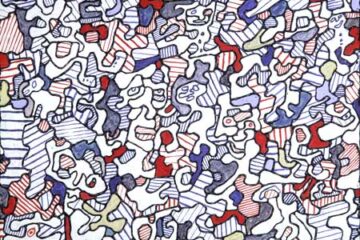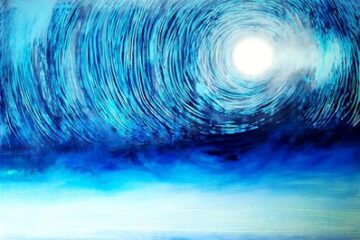We are all stumblers. It is in the nature of movement. Fulfillment is found not in avoiding stumbling but in recovering from it. View the study sheet here. Watch the recording here.
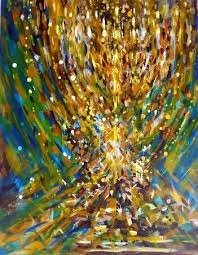
These days it’s pretty easy to tell who’s right and who’s wrong. I and all those who agree with me are right. Those who disagree with us are wrong.
At least that is the way it appears from the way debate takes place in the public square, on social media and maybe even in our more private settings. The lack of curiosity about someone opposed to our point of view (“What life experiences may have shaped her views?” “What are his hopes and dreams?”) has grown exponentially over recent decades. There’s a corresponding growth of incuriosity about ourselves (“What don’t I know?” “Do my positions primarily promote justice or self-justification?”). Certainty about our cause may be in the ascendancy, but it comes at the cost of the humility essential to creating a community of promise.
The Book of Numbers is painted with a very different brushstroke than is the Book of Leviticus. The latter is shaped by rigid, clear and sometimes harsh lines. Leviticus is clear about pure and impure, clean and unclean, priest and non-priest. The Book of Numbers blurs lines of distinction. Heroic leaders and saviors, Moses, Miriam and Aaron, commit transgressions. Rebels against the established authority have an argument worth considering. The Book of Numbers is not so much about right and wrong. It is about everyone’s brokenness, even that of the noblest among us.
An image of a seven-branched lampstand leads the way of this week’s Torah portion. It is designed to shine light outward. The artist Yoram Raanan painted such a lampstand. But he began with a canvass in dark brown. He sensed the possibility of light within and brought out its vessel with blues and greens, revealing the rich golden holy utensil buried deep. Drops of white and yellow paint are the sparks which light up the Menorah. It is not a painting of clarifying sharp lines. Instead, its brushstrokes simultaneously blur and enlighten.
In his commentary on his painting, Raanan notes that the essence of the Menorah and its lights lies within the kabbalistic sphere known as Binah, the development of an unformed abstraction into a comprehensible contribution of divine light. He likens such a condition to a palace of mirrors which reflects and multiplies the initial pure light.
In such mirrors we can see multiple aspects of a single presence. Others, including those who oppose us, we see as more than the single point of view we have identified them with. And we have the opportunity to reflect on ourselves as well. We too are vessels of refracted light.
In a culture which mistakes perfection for wholeness, winning for fulfillment, we are discouraged from exploring the brokenness, the messiness of our lives. To express doubt is to show weakness. The Book of Numbers is a tale about confronting the reality of our imperfect selves. It is the only way to get to the place of promise. A Menorah is needed to light the way. And the artist finds such a light hidden within the darkness of each one of us.
Join us here at 7:00 p.m. (PDT) Thursday June 16 as we explore a palace of mirrors.


